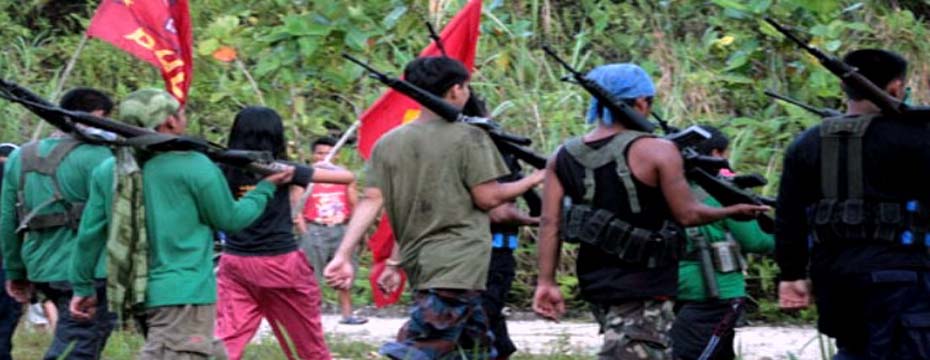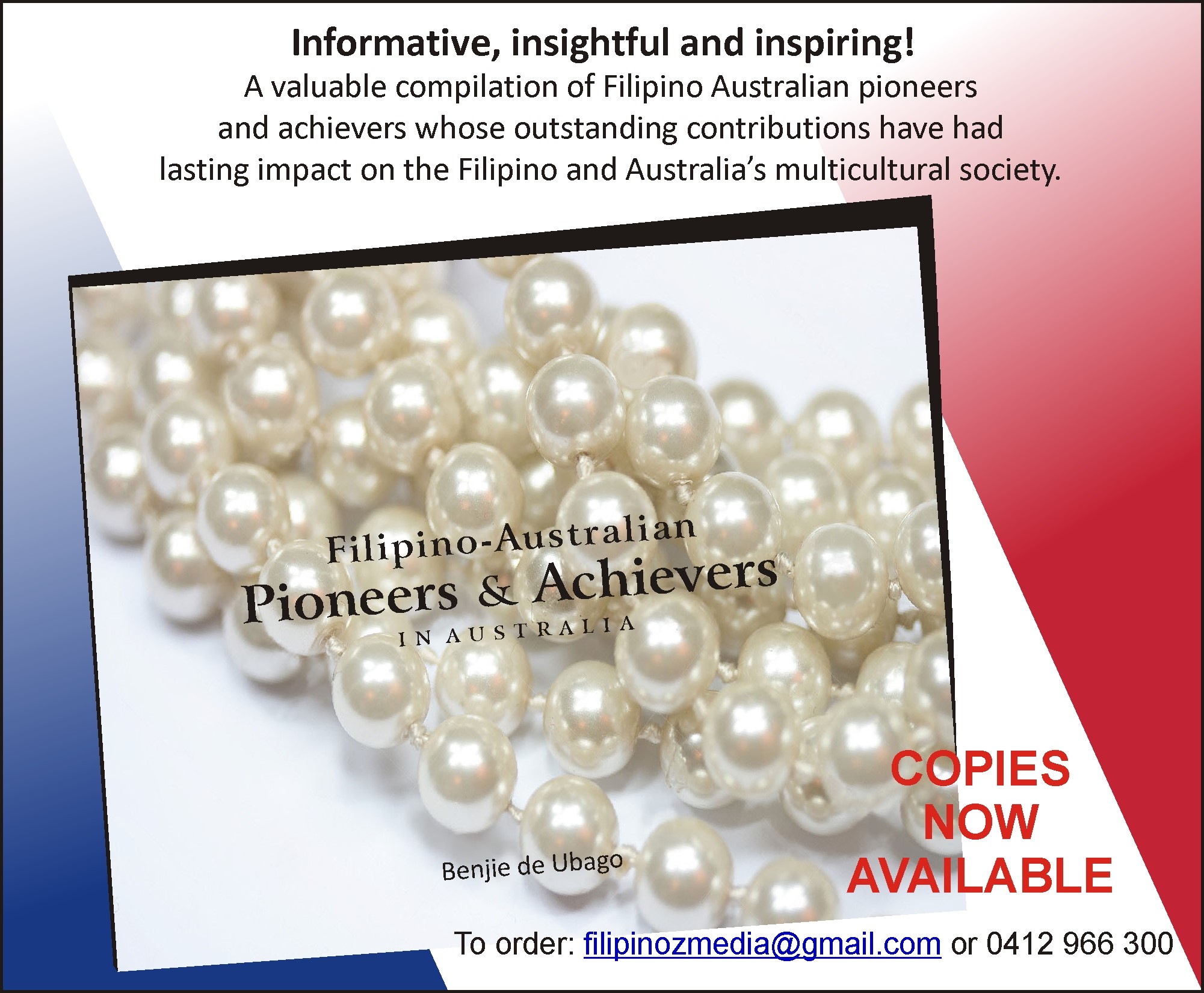
MANILA, Philippines — The Philippines attended the High Level Policy Forum (HLPF) on the Sustainable Development Goals (SDGs) at the United Nations Headquarters in New York, USA from July 11 to 20, 2016. “There is an ongoing process of integrating SDGs simultaneously into the long-term vision and goals and the national, sectoral and subnational plans and frameworks,” said Deputy Director-General Rosemarie G. Edillon, during a presentation on the Philippine progress in SDG implementation.
The Post-2015 development agenda of the Philippines is based on five pillars which aim to build a rights-based, equitable and sustainable society, according to the National Economic and Development Authority (NEDA).
Following a series of national consultations and technical workshops on the Sustainable Development Goals (SDGs) indicators, the country’s priorities were identified as the following: 1.) Poverty reduction and social inclusion; 2.) Environmental sustainability, climate change and disaster risk management; 3.) Accountable, responsive and participatory governance; 4.) Fair and stable order based on international rule of law; and 5.) Peace and security.
“Having known the collective aspirations of Filipinos through the long-term vision, the next step is to identify strategies to achieve them. We will be guided by the quality of life characteristics indicated in the 2030 Agenda and the principle that no one should be left behind,” she added. The strategies will be mainstreamed in the next medium-term development plan, the Public Investment Program (PIP), and the yearly Budget Priorities Framework, and will be further elaborated in the various sub-national and sectoral development plans. On the means of SDGs implementation, Edillon said that it is necessary to have an implementation and financing plan, institutional arrangement, and monitoring plan.
“These are still in progress. The previous administration has initiated some fundamental reforms on domestic resource mobilization. We have also collaborated with the Millennium Institute to apply the Threshold 21 (T21) model in formulating the implementation and financing plans for the SDG.
The model has already been configured for the Philippines and a group of technical staff have been trained to run the model,” she said. Meanwhile, the institutional arrangement is still to be agreed upon by the present administration. In the interim, the coordination and monitoring bodies for the millennium development goals (MDGs) may be tapped for the SDGs. But Edillon said that while a number of goals in the SDGs require the government to deliver public goods and services, some would require appropriate policy and regulatory framework.
“We envision having a centralized coordinating and reporting mechanism to be in place for both the long-term vision and the SDGs. It is also important to involve the legislative branch, since some action may require legislation, and the local government units, given our devolved governance structure,” she said. On monitoring, Edillon said that there is a need to overcome issues concerning data availability, data disaggregation, definition, measurement method, and accountability mechanism. “The role of statistics in the 2030 Agenda is critical as quantitative data are the yardsticks of progress that will guide governments in evidence-based policy-making and program implementation,” she said.
On May 12, 2016, the PSA Board approved a resolution enjoining government agencies at the national and subnational/local levels to provide the necessary data support to monitor the country’s performance on the SDGs. “We therefore call on the academe and research community to come up with methodologies for cost-effective monitoring systems for the SDGs. We request development partners to increase support for strengthening data collection and capacity building,” said Edillon.
The NEDA official headed the Philippine delegation to the UN HLPF on the SDGs. The Philippines was among twenty-two countries that shared the highlights of initiatives on SDG advocacy and implementation.










Leave a Reply